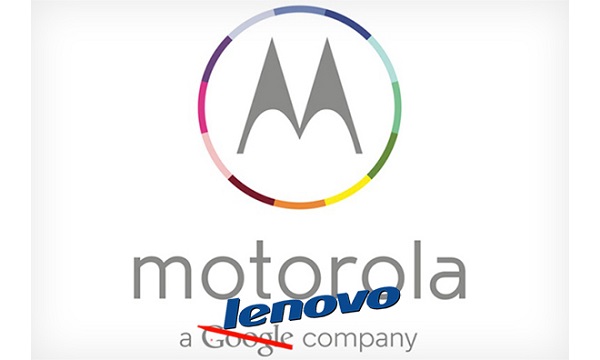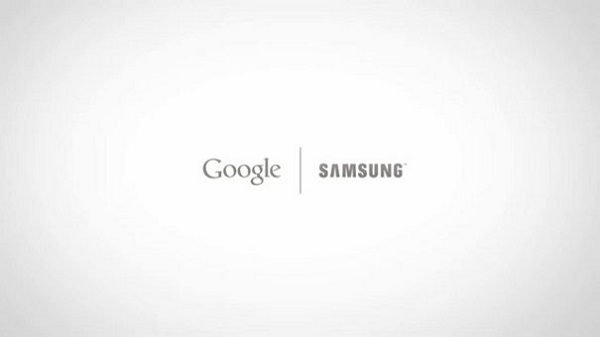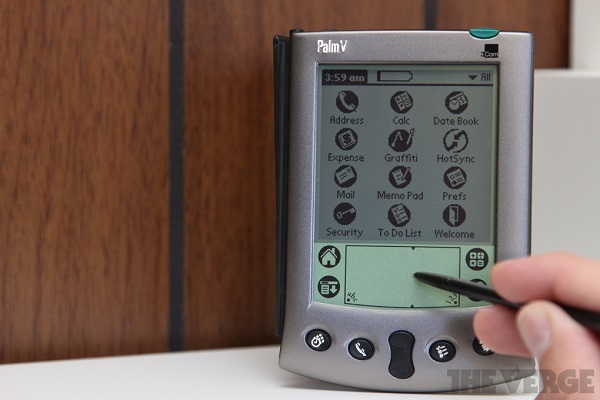
Motorola’s mobile phones division will soon have a Chinese parent, mostly because of its unpopularity with Google shareholders.
Earlier this week, Google and Samsung signed a patent cross-licensing agreement. The next day, Samsung announced that it would give up most of its proprietary Android apps in favor of apps made by Google. The world is wondering what’s happening with Android, especially since yesterday Google said it would sell Motorola Mobility to Lenovo for $2.91B.

Buying Motorola in 2012 for $12.5B and selling it now for $2.91B doesn’t seem to be exactly the deal of the century. If you add to that that Lenovo is going to pay that money in several installments, the deal looks even worse. However, there’s a catch to all this. Google will keep most of the 17,000 Motorola Mobility patents and will share them with Samsung.
As mentioned before, Lenovo won’t be paying the entire amount upfront, but only $1.41B, and that as $660 million in cash and $750 million in shares. The rest of $1.5B will be paid over the next 3 years. Since the
Larry Page mentioned in an official blog post that “the smartphone market is super competitive, and to thrive it helps to be all-in when it comes to making mobile devices. It’s why we believe that Motorola will be better served by Lenovo — which has a rapidly growing smartphone business and is the largest (and fastest-growing) PC manufacturer in the world. This move will enable Google to devote our energy to driving innovation across the Android ecosystem, for the benefit of smartphone users everywhere.”
Yang Yuanqing, Lenovo’s chief executive, made a statement that sounds very promising: “We will immediately have the opportunity to become a strong global player in the fast-growing mobile space. We are confident that we can bring together the best of both companies to deliver products customers will love and a strong, growing business.”
Ever since Google bought Motorola, some really decent smartphones came out, but none of them was truly revolutionary, except for Project Ara, the modular phone, which Google is going to keep anyway, along with Motorola’s Advanced Technology group. On top of that, Motorola is said to have been really unpopular with Google shareholders, so after all, maybe it’s better that Lenovo will take care of it.
If you liked this post, please check the Nest Labs acquisition by Google and the patent cross-licensing deal that Samsung and Google signed.















